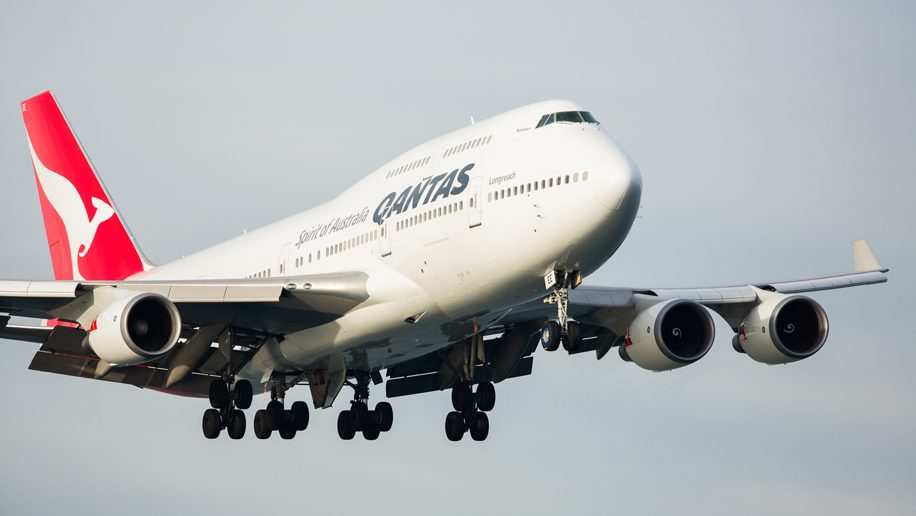
Qantas has launched a waste reduction programme that aims to get the airline sending 75 per cent less waste to landfill by 2022.
Qantas and its low-cost subsidiary Jetstar generate more than 30,000 tonnes of waste in Australia annually.
The carriers say they will reduce single-use plastics by cutting out plastic cutlery, packaging and headrest covers, and using more biodegradable materials where possible. They say this will amount to 100 million items by the end of 2020, including 45 million plastic cups, 21 million coffee cups and four million headrest covers.
Qantas said there were still single-use plastics, such as wraps for hygiene purposes and some heat resistant containers, that don’t currently have a practical alternative.
“Few industries can eradicate waste completely, but with this programme we’re saying that avoidable waste should no longer be an acceptable by-product of how we do business,” said Qantas CEO Alan Joyce.
“This isn’t just the right thing to do, it is good for business and will put us ahead of legislative requirements in the various countries we operate in, where there is an end-date on various single use plastics.”
A Frequent Flyer initiative has also been launched to increase voluntary carbon offsetting, giving ten points for every dollar spent offsetting their travel from Australia.
Passengers can choose to fly carbon neutral when booking their flight, which Qantas said 500,000 people were already doing each year. The programme sees tree-planting take place in parts of Australia and New Zealand vulnerable to deforestation.
As public concern over the environmental impact of air travel and other industries grows, carriers have launched carbon offsetting schemes and campaigns targeting plastic.
Last year Virgin Atlantic, American Airlines and Delta all said they would reduce single-use plastics on flights, while Portugal’s HiFly wants to banish all disposable plastics by the end of the year.












